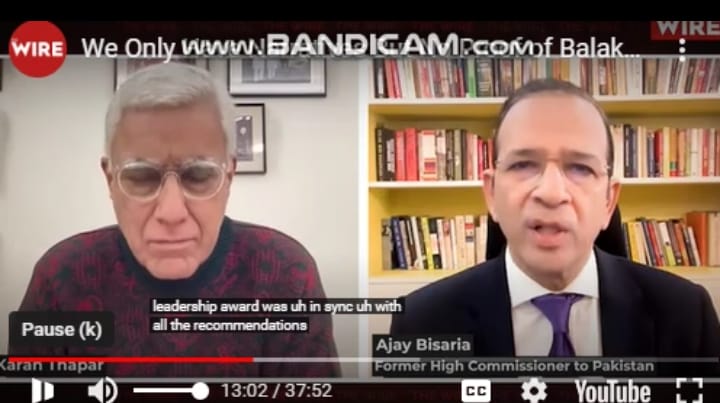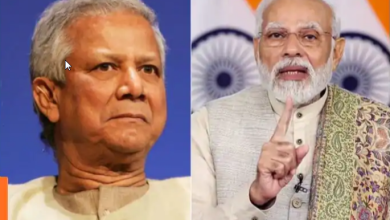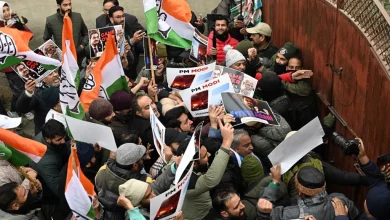No concrete proof of Balakot airstrike success: Ajay Bisaria
 New Delhi: Former Indian High Commissioner to Pakistan Ajay Bisaria has admitted that there is no definitive evidence to establish the success of the Balakot airstrike conducted by India in retaliation to the Pulwama terrorist attack.
New Delhi: Former Indian High Commissioner to Pakistan Ajay Bisaria has admitted that there is no definitive evidence to establish the success of the Balakot airstrike conducted by India in retaliation to the Pulwama terrorist attack.
According to Kashmir Media Service, his comments came during an interview where he extensively discussed the intricate dynamics of the India-Pakistan relations and the events that have shaped it in recent times.
Tanmanjeet Singh Dhesi, Labour Party's MP from Slough Constituency in his address said his constituent is one of six British Sikhs on an “enemies of the state” hit list of 20, broadcast on certain sections of the Indian media. pic.twitter.com/W1adHm4Ycx
— Google News (@researchnews5) January 20, 2024
On the topic of the Pulwama attack, Bisaria observed that the ‘terrorists’ had exploited an unprotected target, resulting in an ‘unexpected success.’ India responded with the Balakot airstrike which had the objective of eliminating a significant number of Jaish-e-Mohammed (JeM) and their trainers. However, Bisaria pointed out that there is no concrete evidence supporting the claim that the airstrike had achieved its intended objectives.
Bisaria also referred to the previous statement by Satya Pal Malik, the former governor of occupied Jammu and Kashmir, who attributed the Pulwama attack to systemic ‘incompetence’ and ‘laparwahi’ (negligence).
The discussion further delved into Pakistan’s reaction to the Balakot strike, particularly the capture and subsequent release of Wing Commander Abhinandan Varathaman. This incident significantly escalated the tensions between India and Pakistan, with India expressing concern about a potential nuclear response from Pakistan.
In his book ‘Anger Management: The Troubled Diplomatic Relationship between India and Pakistan’, Bisaria offers a comprehensive analysis of these events and their implications for the India-Pakistan relations.








